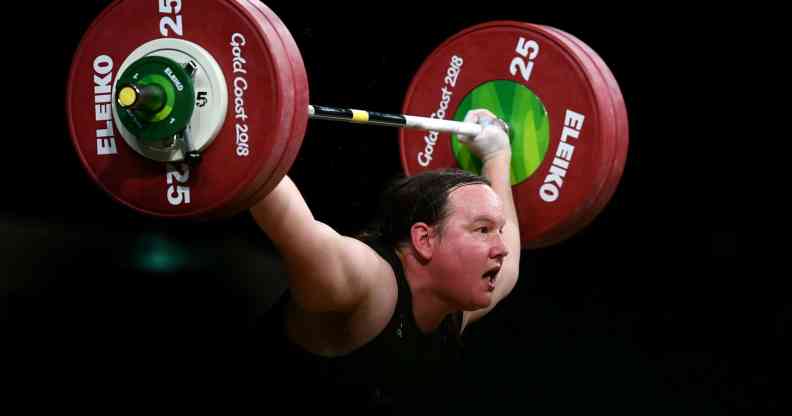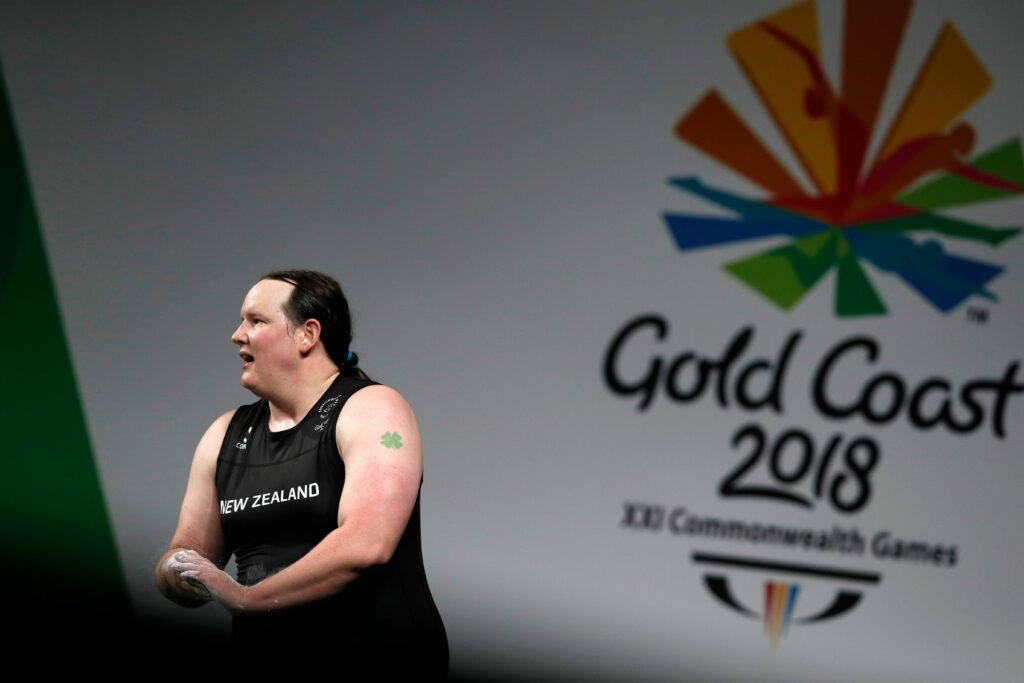Weightlifter Laurel Hubbard to make history as first openly trans athlete to compete at Olympics

Laurel Hubbard. (Dan Mullan/Getty Images)
New Zealand weightlifter Laurel Hubbard is set to make history as she becomes the first openly trans athlete picked to compete at the Olympic Games.
Officials have selected the 43-year-old, one of the top-ranking athletes in her category, for the New Zealand women’s weightlifting team for Toyko 2020 after the sport’s governing body tweaked its qualification process.
She was confirmed Monday (21 June) alongside five other weightlifters who will compete in the games this summer, even as organisers run down the clock against the coronavirus.
Hubbard, who won silver at the 2017 world championship and finished sixth at the 2019 edition following an arm injury the year prior, will compete in the women’s super heavyweight category on 2 August, the BBC reported.
Reflecting on her history-making spot in the games, Hubbard said she as much as her drive has gotten her far in her career, it’s the support from fans that she is most thankful for.
“I am grateful and humbled by the kindness and support that has been given to me by so many New Zealanders,” Hubbard said in a statement issued by the New Zealand Olympic Committee to the press.
“When I broke my arm at the Commonwealth Games three years ago, I was advised that my sporting career had likely reached its end.
“But your support, your encouragement, and your ‘aroha’ [affection] carried me through the darkness.
“The last 18 months has shown us all that there is strength in kinship, in community, and in working together towards a common purpose,” she added.
“The ‘mana’ [honour] of the silver fern comes from all of you and I will wear it with pride.”

New Zealand’s Laurel Hubbard competes during the women’s +90kg weightlifting final at the 2018 Gold Coast Commonwealth Games. (ADRIAN DENNIS/AFP via Getty Images)
Laurel Hubbard became eligible to compete at the Olympic level after the International Olympic Committee, the guardian of the games, issued guidances in 2015 that trans women can compete if they fulfil certain criteria.
Their total testosterone level in serum must be kept below 10 nanomoles per litre for at least 12 months.
The committee was set to deliver new guidelines last year but postponed until after the games to avoid disrupting the qualifying events.
A pathway to Hubbard competing opened earlier this year after the International Weightlifting Federation (IWF), the main governing body of Olympic-level weightlifting, changed key qualification criteria amid the coronavirus pandemic.
In decreasing the requirement to attend six competition events to four, Hubbard became all but certain to be nominated and selected to join the New Zealand team.
New Zealand Olympic Committee chief executive, Kereyn Smith, also welcomed Hubbard’s confirmation to the team.
“As well as being among the world’s best for her event, Laurel has met the IWF eligibility criteria including those based on IOC guidelines for transgender athletes,” she said in a statement.
“We acknowledge that gender identity in sport is a highly sensitive and complex issue requiring a balance between human rights and fairness on the field of play.
“As the New Zealand team, we have a strong culture of ‘manaaki’ [respect] and inclusion and respect for all. We are committed to supporting all eligible New Zealand athletes and ensuring their mental and physical wellbeing, along with their high-performance needs, while preparing for and competing at the Olympic Games are met.”
Olympic Weightlifting New Zealand chief Ritchie Patterson amplified this, saying that Laurel Hubbard has shown “grit and perseverance” by bouncing back from her career-threatening injury in 2018.
“We look forward to supporting her in her final preparations towards Tokyo,” he said.

